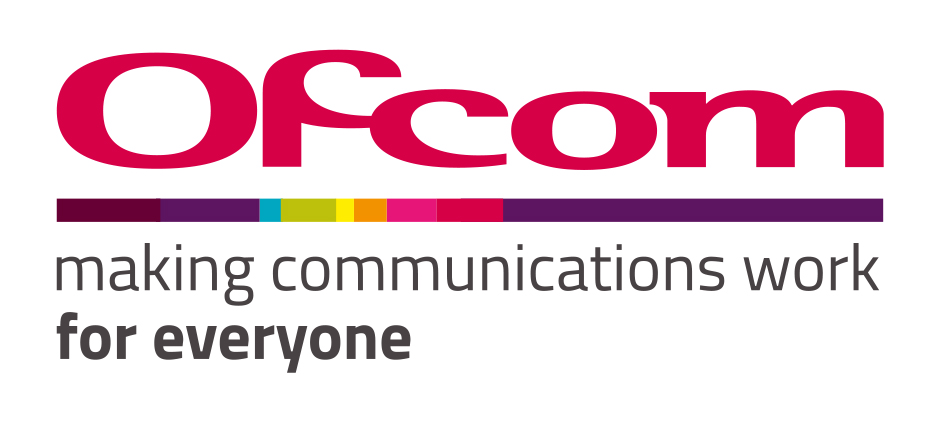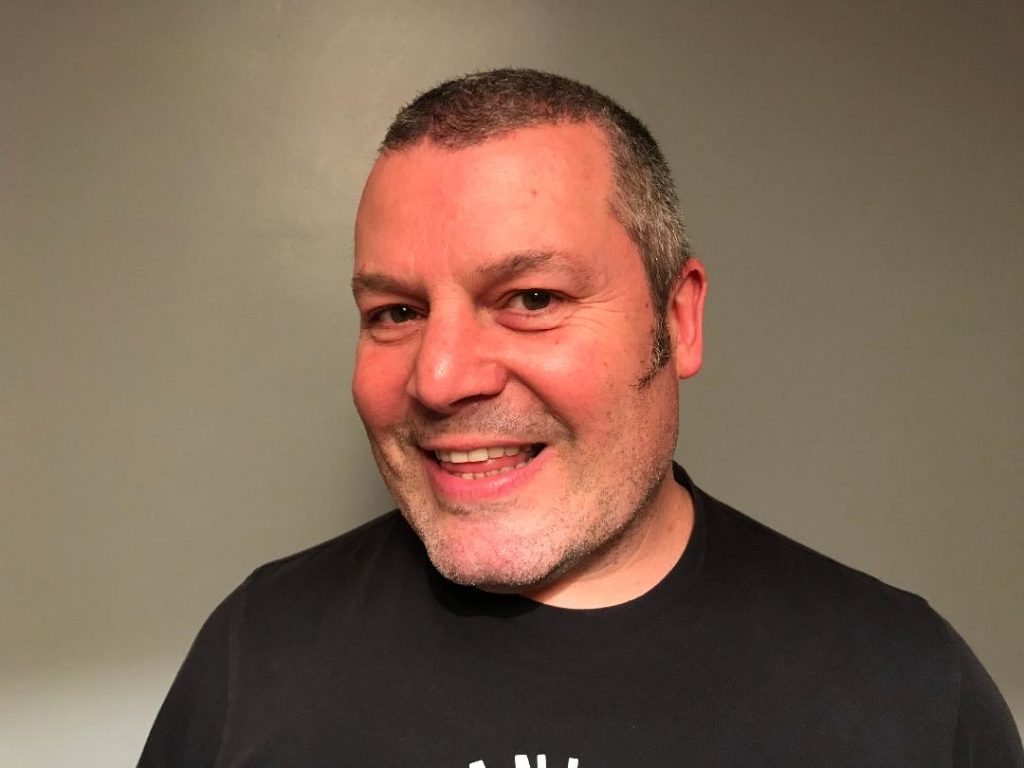Vodafone UK has moved to merge with Three UK, which, if the move gets past regulators, would bring down the number of major mobile operators in the UK to, ironically, three. Business technology journalist Antony Savvas argues the acquisition should be allowed to go through, as should similar mergers internationally.
The envisaged transaction would involve both companies combining their UK businesses, with Vodafone owning 51% and Three UK owner CK Hutchison owning 49% of the new entity. A name for the planned combined company has so far not been made public, but it would become the biggest operator in the UK market.
Lacking necessary scale
UK telecoms regulator Ofcom recently said that both Vodafone UK and Three UK “lacked the necessary scale to earn their cost of capital” when it came to 5G deployments, when compared to both EE and O2.

However, fellow regulator, the UK Competition and Markets Authority (CMA), may baulk at allowing the UK mobile space being reduced to three primary operators BT-owned EE (which was originally created from the mobile infrastructure of Orange and T-Mobile in the UK), Vodafone/Three and O2.
“By combining our businesses, Vodafone UK and Three UK will gain the necessary scale to be able to accelerate the roll-out of full 5G in the UK, and expand broadband connectivity to rural communities and small businesses,” said the two potential partners.
O2 and Three
Previously, regulators ruled out O2 merging with Three UK on competition grounds. However, a number of things have changed since then.
European Competition Commissioner Margrethe Vestager, who is still around, had said then she had “strong concerns” that the deal, if approved, would have meant less real choice for UK consumers. When the 2016-proposed deal was rejected by the European Commission, there was scepticism it was the right decision.

Indeed, in 2020, after a very long appeal process, the General Court of the European Union annulled the decision to block the merger, which would have also created the UK’s largest mobile operator. CK Hutchison brought the appeal to the General Court.
A key point in the Court’s ruling was that the effect of reducing the number of competitors would not in itself mean competition would be harmed.
Vital industry consolidation
At the time of that ruling CK Hutchison said the Commission “will need to fundamentally revisit its approach to merger reviews in this key sector”. It added that the Commission’s approach had “unfortunately acted as a brake on, or in a number of cases prevented, vital industry consolidation in Europe” which “would have resulted in significant new investment, innovation and benefits for European consumers and industry”.
Since then, of course, the UK has left the European Union, so more weight will be given to the positions on the merger taken by Ofcom and the CMA.
After that failed deal, Telefónica went on to merge its O2 UK operations with Liberty Global’s Virgin Media business in 2021, to create the “fully converged” Virgin Media O2 to challenge national incumbent BT across broadband and mobile services.
A falling star?

When Three first appeared in the UK, with big foreign cash to help drive the new 3G market, it seemed like a breath of fresh air to many consumers, particularly younger ones, with its slick marketing campaigns and its native 3G services. According to numerous researchers and consumer bodies, these services were leading the pack when it came to speed and reliability; certainly in the major conurbations anyway.
Three was also the first to offer unlimited data packages, and went on to offer free roaming in the European Union area and other countries to its customers, well ahead of the later European Commission decision to allow European citizens to “roam like home” on any mobile network.
As someone who has used all the different mobile operators in the UK for extensive periods, my experience of Three was a little underwhelming outside London and the big cities. Based in a city of 200,000 people, namely York in North Yorkshire, I found the Three UK “mobile broadband” 3G dongle next to useless in terms of performance and speed.

Also, now as a current O2 customer, I can still roam for free in most European countries with an out-of-contract SIM-only deal, despite the UK having left the European Union. I would now have to pay for roaming if I was a Three UK customer, just like at EE and Vodafone.
What consumers and third party service providers really need right now with 5G is comprehensive and fast access to networks, rather than the uneven patchwork we saw with the introduction of both 3G and 4G services.
This requirement is prevalent across Europe and globally. So regulators elsewhere should be sympathetic to similar operator consolidation moves, providing the correct consumer protection rules are put in place. This may well include some suitors giving up a specific portion of their existing network spectrum, where appropriate.
MVNOs

In the UK, as in many other countries, we have a myriad of mobile virtual network operators (MVNOs) that “piggy-back” on the networks of the primary operators, giving consumers a wide choice of alternative contracts to suit their needs.
Providing these MVNOs are protected with easy and reasonably-priced network access by national and international regulators, then the Vodafone/Three deal should be rubber-stamped, and quickly.
The author is Antony Savvas, a global freelance business technology journalist.
Comment on this article below or via Twitter: @VanillaPlus OR @jcvplus






